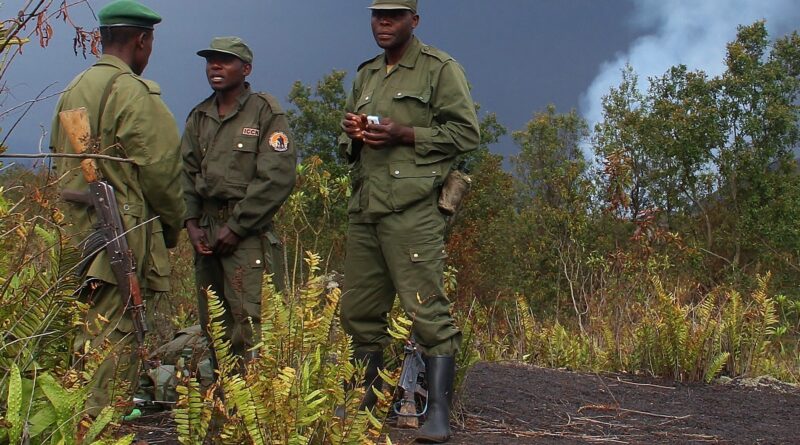DRC’s coltan mine shaken by deadly attack
According to news reports, three people have been killed and another three injured during an attack at Société Minière de Bisunzu’s (SMB) coltan mine in late June amid escalating violence in the area. The mining operation has experienced a fresh upsurge in violence between mineworkers and police hired by SMB to prevent smuggling.
DRC, Rwanda, Congo and Burundi, a cluster of countries in Central Africa, are the largest producers of tantalum, accounting for almost a third of primary tantalum supply in 2019. However, the region has long been known for its supply chain instability.
The situation has improved greatly over the last decade, but some violence still persists, and smuggling continues to be an ongoing problem, associated mainly with illegal material produced via artisanal miners and smuggled across the border to Rwanda.
The SMB mine, located in the province of North Kivu, near to Rubaya, is operated by mineworkers from a local cooperative COOPERAMMA, which claims the use of excessive force by police. Meanwhile, SMB claims that two policemen were targeted in a night-time attack involving grenades and gunfire and says it “denounces and condemns these attacks which it continues to be a victim of”.
SMB estimated a loss of around 50t of coltan per month as a result of smuggling through 2019.
In January 2021, the EU will bring into force its new Conflict Minerals Regulation in another attempt to increase the responsibility of end users in terms of checking the origins of their supply and providing support and legal business channels for the ASM sector. End users may continue to face challenges if purchasing smelted material produced by third-parties in China, which themselves source raw material from Africa.
According to Roskill, SMB itself left the ITSCI certification scheme in early 2019 – a scheme ubiquitous across Central Africa which aims to ‘bag and tag’ material to provide tracing throughout the supply chain. It moved instead to an emerging blockchain scheme provided by RCS Global, which is attempting to create a virtual tracing platform.




